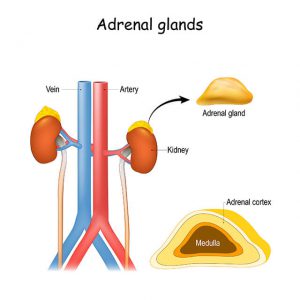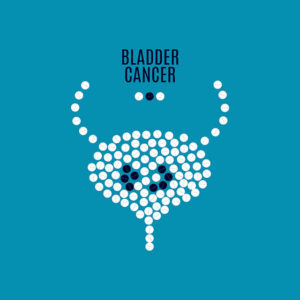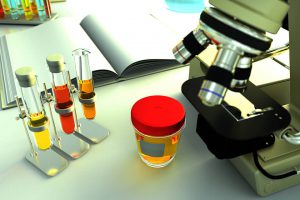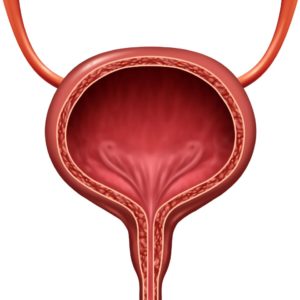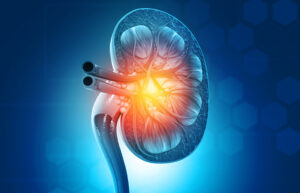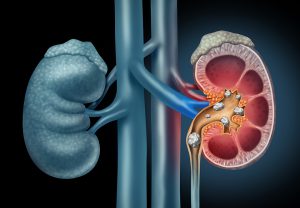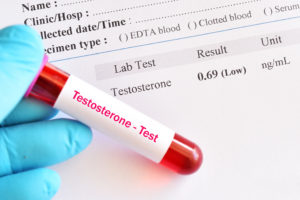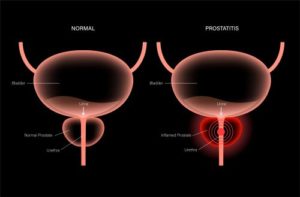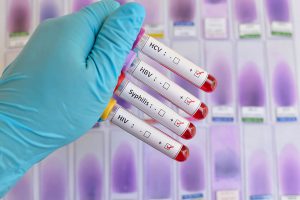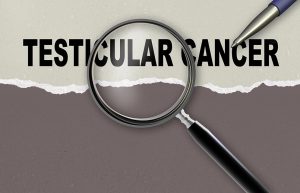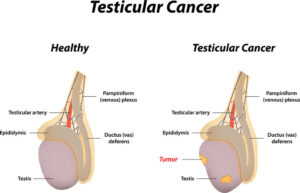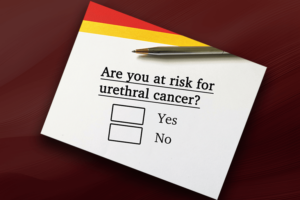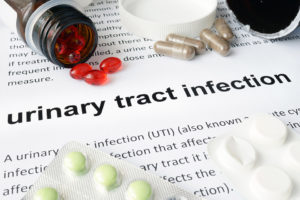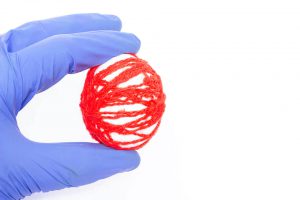Urological Conditions
Adrenal Cancer
Adrenal glands are a pair of glands resting on the top of each kidney. Their function is to produce hormones that take part in numerous processes occurring in the body. Adrenal cancers are also often known as adrenocortical carcinomas. Some of these tumors may produce hormones while others may not.
Benign Prostatic Hyperplasia (BPH)
BPH is an increase in the size of the prostate that may cause urinary symptoms like blockage of urine flow and increased frequency of urination. It is a fairly common condition that affects most men above the age of 60. BPH is a non-cancerous and harmless enlargement, and should not be a cause of extreme worry.
Bladder Cancer
Bladder cancer is the 6th most common cancer in the United States, according to the Urology Care Foundation.
Bladder Control Problems
Read the article on UrologyHealth.org
Erectile Dysfunction
ED is the most common sex problem men discuss with their doctors. The American Urological Association estimates that 30 million men have ED. It is more common if you’re older, but younger men get it, too. If you’re not as healthy as you could be, the odds you’ll be dealing with ED go up.
Hematuria
Hematuria is a term used to describe a condition characterized by blood in the urine.
Interstitial Cystitis/Bladder Pain Syndrome
Interstitial cystitis (IC) is sometimes called bladder pain syndrome in large part because a painful bladder is one of the most prominent symptoms. People with IC can also feel a frequent, urgent need to urinate.
Kidney Cancer
Cancer occurs when changes in certain cells cause them to accumulate and form tumors. People with kidney cancer may have one or more tumors in one kidney.
Kidney Cancer
There are two major types of kidney cancers on the basis of their origin: Primary Kidney Cancers and Metastatic Kidney Cancers.
Kidney Infection
A kidney infection is a type of urinary tract infection (UTI) that affects one or both kidneys. It can be painful, serious, and, in some cases, life-threatening.
Kidney Stones
A kidney stone is a small mass that forms from crystallized substances in your kidney or, in some cases, one of your ureters (the tubes that connect the kidneys to the bladder). These chemicals aren’t able to dissolve in urine, so the crystals stick together and get larger, forming the stone.
Low Testosterone/Testosterone Deficiency
Produced by the testicles, testosterone is what’s known as an androgen—a hormone responsible for masculine traits. Sometimes, men don’t produce enough testosterone.
Male Infertility
Infertility is the inability to conceive after at least one year of unprotected intercourse. Since most people are able to conceive within this time, physicians recommend that couples unable to do so be assessed for fertility problems.
Medications for BPH
Discussion of Alpha Blockers, 5-Alpha Reductase Inhibitors, and Phosphodiesterase-5 Inhibitors
Overactive Bladder
People with overactive bladder (OAB) experience the constant, urgent need to urinate—the feeling that there’s little time to spare and you need a bathroom ASAP.
Pediatric Urology
Read the article on UrologyHealth.org
Peyronie’s Disease
Peyronie’s disease occurs when areas of hard scar tissue called plaques form on your penis, just below the surface of the skin. In fact, you might be able to feel them.
Premature Ejaculation
Premature ejaculation (PE) is one of the most commonly reported sexual issues for men. Experts estimate that up to one-third of men experience PE to some degree.
Prostate Cancer
About 1 in 8 men will develop prostate cancer during their lifetime, and it’s the second most common cancer in men.
Prostatitis
Prostatitis—inflammation of the prostate gland—is a painful condition that can make urination and sexual intercourse difficult.
Sexually Transmitted Diseases (STDs)
Read the article on UrologyHealth.org
Testicular Cancer
Read the article on UrologyHealth.org
Testicular Cancer
Testicular cancer affects the testicles—two important components of a man’s reproductive system. Testicular cancer happens when cancer cells accumulate and form a tumor.
Upper Tract Tumors
Read the article on UrologyHealth.org
Urethral Cancer
Urethral cancer affects the urethra — the tube that allows urine to flow from the bladder out of the body. Along with the bladder, ureters, and kidneys, it forms the urinary tract.
Urinary Incontinence
People with urinary incontinence have trouble controlling their bladder function and leak urine from the urethra. The experience is of course unpleasant and affects a person’s daily life.
Urinary Tract Infections
Urinary tract infections (UTIs) occur when bacteria enters your urethra. UTIs are common. In fact, the American Urological Association estimates that 8.1 million doctor’s visits each year are due to UTIs.
Varicocele
Read the article on UrologyHealth.org
Vasectomy
A vasectomy is a minor surgical procedure performed to block sperm from leaving the body. It’s a highly effective and common birth control option.
Vasectomy Reversal
Vasectomy reversals are routine nowadays, and although success isn’t guaranteed, many men go on to father children.

